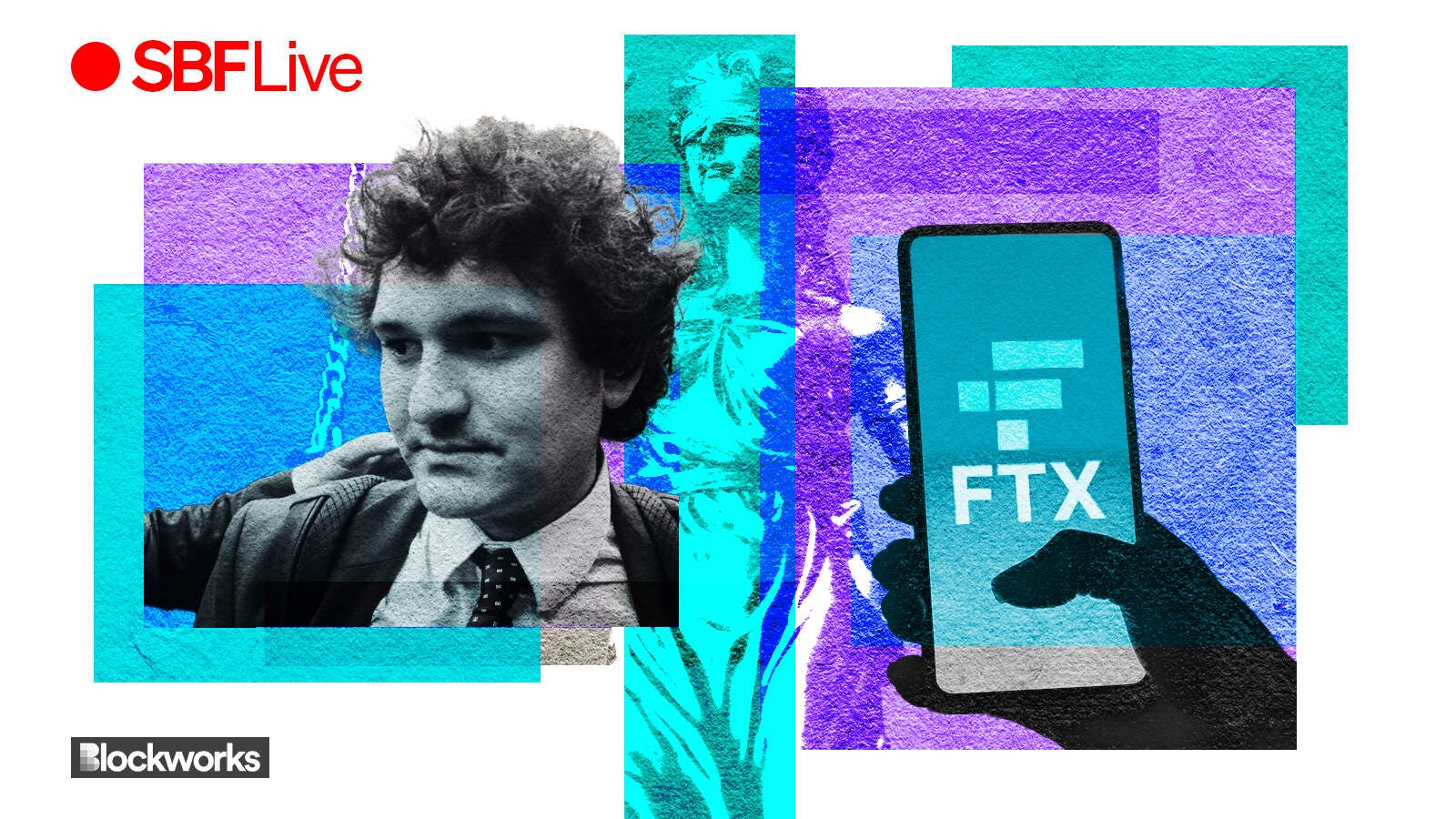SBF said FTX was not ‘bulletproof’ months before demise, testimony reveals
Former FTX employee Adam Yedidia described Sam Bankman-Fried’s state of mind in June 2022 when Alameda Research allegedly owed FTX customers $8 billion

Artwork by Crystal Le
Sam Bankman-Fried’s criminal trial went into its third day on Thursday, and prosecutors continued questioning Adam Yedidia, Bankman-Fried’s old college friend and former employee of both Alameda Research and FTX.
Prosecutor Danielle Sassoon was laser-focused on the money Alameda owed to FTX, which amounted to $8 billion in around June 2022, Yedidia said.
For a time, when FTX customers deposited money on the exchange, it was going to an Alameda-controlled bank account through Silvergate Bank called “North Dimension.” The account’s name — but not its controller — was published on FTX’s website for customers to see when looking up how to make deposits, Sassoon confirmed.
There was an internal system at FTX to keep track of how much money Alameda owed to customers; an account that subtracted total deposits from fulfilled withdrawals, Yedidia said.
Read more: Sam Bankman-Fried trial live updates: Day 3
In late 2021, Yedidia said, the team discovered a bug in the code that incorrectly inflated the amount of this liability to the tune of $8 billion. The apparent total liability of Alameda to FTX customers, before the bug was fixed, read $16 billion, he said.
Bankman-Fried asked Yedidia to fix the bug. In June 2022, after the liability was corrected to show the accurate amount – $8 billion — Yedidia went to Bankman-Fried concerned about this high number.
In late June 2022 or early July 2022, Yedidia confronted Bankman-Fried on a paddle tennis court at the Albany, a luxury apartment complex in the Bahamas where Yedidia lived in the penthouse with Bankman-Fried and others.
“I wanted to be certain that Alameda could repay that debt,” Yedidia told the court.
Bankman-Fried replied to Yedidia by telling him “we were bulletproof last year” but not this year. It could take 6 months to 3 years to become bulletproof again, Bankman-Fried added.
According to Yedidia, Bankman-Fried appeared “worried or nervous” based on facial expressions he observed during that conversation, which was not typical for the former FTX head.
Don’t miss out. Keep up with highlights from Sam Bankman-Fried’s trial.
Of course, FTX didn’t even have six months to become “bulletproof” again. About four months later, the bank run on the exchange triggered the firm’s bankruptcy.
Everdell, representing the defense, tried to highlight Bankman-Fried’s character. There was talk about how he never bought fancy watches, sports cars or even a yacht, presumably the defense’s attempt to squash a popular rumor.
Everdell added that Bankman-Fried was in constant dialogue with government officials, an attempted counter of Yedidia’s early statement that the FTX founder used the auto-delete function on Signal, an encrypted messaging system Bankman-Fried instructed the company to use, to conceal company messages that regulators wouldn’t like.
Everdell ran into a brick wall when he tried to get Yedidia’s view on FTX’s strategy to confer with regulators — the prosecution objected at least five times to his verbiage, each of which Judge Lewis Kaplan upheld.
This led to Everdell switching topics, something he was forced to do numerous times during his cross examination because of repeated objections by the state on the grounds that Everdell was repeating information that was already heard by the jury.
After the jury was excused for lunch, the judge expressed growing concern at Everdell’s approach.
“You’re wearing out your welcome on repetition,” Kaplan told the attorney.
Get the news in your inbox. Explore Blockworks newsletters:
- The Breakdown: Decoding crypto and the markets. Daily.
- 0xResearch: Alpha in your inbox. Think like an analyst.






